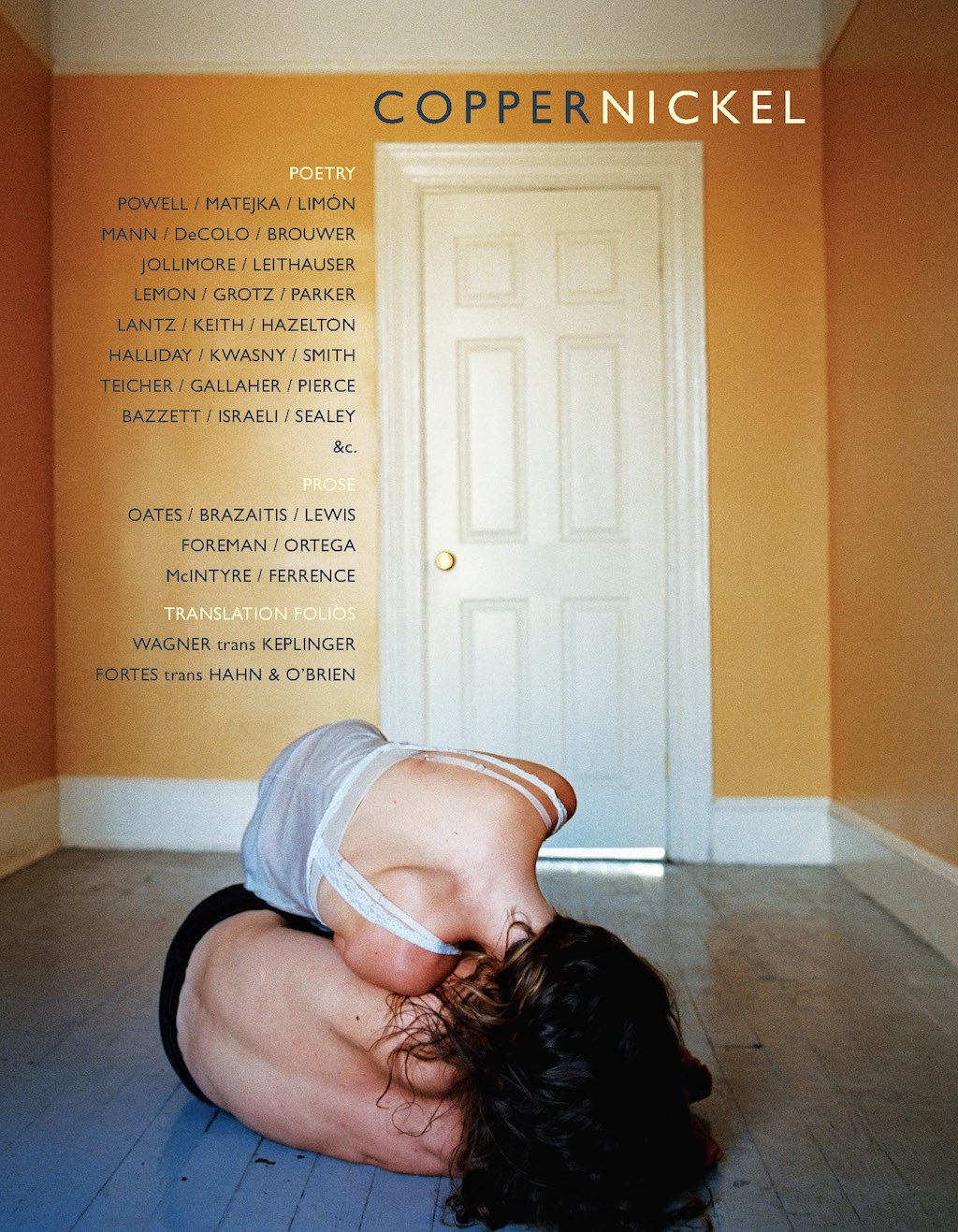Someone is on the plane
that noses 2,000 feet into the air, stops,
then drops. Someone is in
the tornado-flattened Texaco station.
Someone is on the bus the suicidal
or stroke-struck driver launches
through the guardrail and off the mountain.
It isn’t you. You’re watching
a ticker scroll placidly across
the bottom of the screen, thinking
awful, awful, and below those words,
deeper than articulation can go,
hums your golden gratitude
that once again this is a tragedy
you can witness but not touch.
You can continue the work
of chewing your waffle. You can
approach the smoothed edges
of disaster, and you can,
when you light on a rough spot—
the image of the little boy’s
brown shoe in the rubble, the woman
who looks like your mother
howling in a blue hat—pull back.
Some will say this is cowardice,
your unwillingness to hold
these horrors in your hands. But
if you considered, truly, the dead child,
the husband that the woman
who looks like your mother
will never see again; if you considered,
truly, what it means that a plane
could drop without warning
with its full load of daughters
and coaches and magazine-readers,
that the sky might unfold a beast
that will hunt you without reason,
that the white-mustached man
behind the wheel of your bus
is not programmed but is a human
stranger you have chosen to trust
with your absurdly flimsy life—
how in the world could you do
the work of chewing your waffle?
How could you do the impossible work
of putting your child to bed,
saying goodnight, closing the door
on the darkness?
